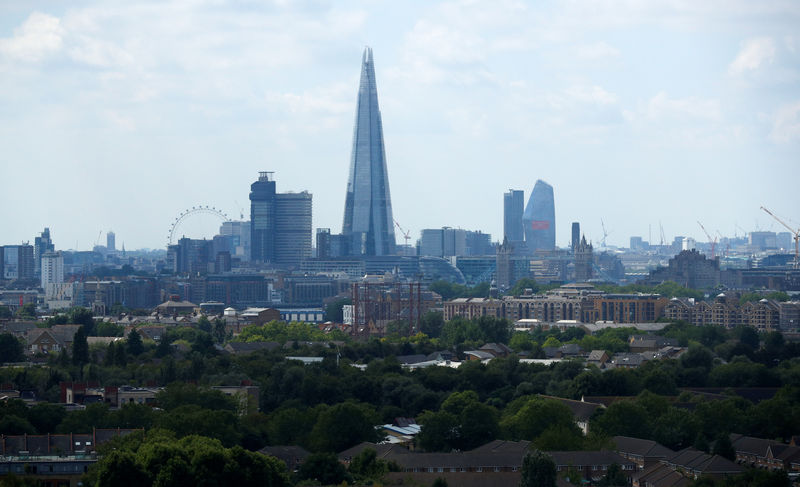LONDON (Reuters) - The value of foreign direct investment in Britain grew at its weakest pace in eight years but still inched up in 2017, the first full year after voters in the country decided to leave the European Union, official data showed on Monday.
Long-term investment in Britain by foreign businesses and residents stood at 1.564 trillion pounds ($2.06 trillion), 12 billion pounds or 0.8 percent higher than in 2016, the Office for National Statistics said.
That was the weakest growth rate since the global recession of 2009, and much smaller than the almost 15 percent jump in 2016 that was boosted by handful of major takeover deals.
Nonetheless, last year's rise was not far off the increases seen in 2013, 2014 and 2015, the ONS said.
Uncertainty about Britain's planned departure from the EU in March next year has led to a slowdown in growth in investment by companies in the country, according to the Bank of England.
But the fall in the value of the pound after the referendum in 2016 has made companies in the country more attractive to foreign investors.
The ONS also said British companies and investors saw the first net increase in their foreign direct investment since 2011 last year, reflecting an increase in oil and commodity prices and a pick-up in the global economy.
Flows of investment income in and out of Britain are a major component of the country's current account balance. The balance of payments deficit narrowed last year but remains a potential risk to the economy.
